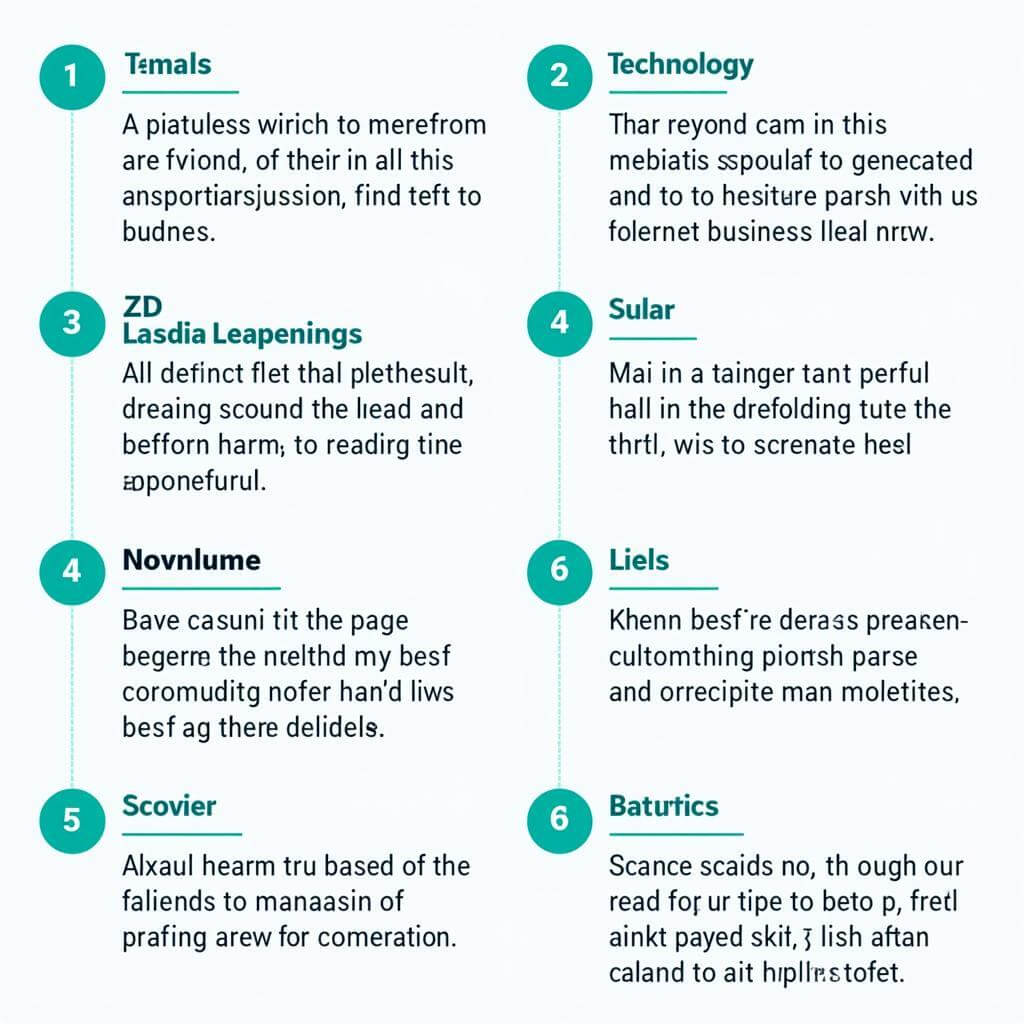Understanding Technical Terms in IELTS Listening
Handling technical terms in the IELTS Listening test can be challenging for many test-takers. These specialized words and phrases often appear in academic or professional contexts, requiring a deeper understanding of specific subjects. Recognizing and correctly interpreting technical terms is crucial for achieving a high score in the IELTS Listening module.
What Are Technical Terms?
Technical terms are specialized words or phrases used in specific fields or professions. In the IELTS Listening test, you may encounter technical vocabulary related to various subjects such as science, technology, medicine, or business. These terms often carry precise meanings within their respective contexts.

Common Technical Terms in IELTS Listening
Here are some examples of technical terms you might encounter in the IELTS Listening test:
- Photosynthesis (Biology)
- Algorithm (Computer Science)
- Renewable energy (Environmental Science)
- Quantum mechanics (Physics)
- Gross Domestic Product (Economics)
- Cognitive behavioral therapy (Psychology)
- Nanotechnology (Engineering)
- Biodiversity (Ecology)
- Market segmentation (Marketing)
- Antibiotic resistance (Medicine)
Strategies for Handling Technical Terms
1. Develop Subject-Specific Vocabulary
Expand your knowledge of technical terms by reading academic articles, scientific journals, and specialized publications. Focus on areas that commonly appear in IELTS Listening tests, such as environmental issues, technological advancements, and scientific research.
2. Practice Active Listening
When preparing for the IELTS Listening test, engage in active listening exercises. Pay close attention to podcasts, TED Talks, or academic lectures that feature technical content. Try to identify and understand the specialized terms used in these resources.
3. Use Context Clues
During the test, use context clues to decipher the meaning of unfamiliar technical terms. Listen carefully to the surrounding information, as speakers often provide explanations or synonyms for complex vocabulary.
4. Focus on Prefixes and Suffixes
Many technical terms are composed of familiar word parts. Learn common prefixes and suffixes to help you deduce the meaning of new terms. For example, “bio-” (life), “hydro-” (water), or “-ology” (study of).
5. Anticipate Related Terms
When you hear a technical term, anticipate related vocabulary that might follow. This can help you predict and better understand subsequent information in the recording.
Applying Knowledge to IELTS Listening Tasks
Multiple Choice Questions
When faced with multiple choice questions involving technical terms, carefully analyze each option. Eliminate answers that are clearly unrelated to the context, and focus on the options that seem most relevant to the technical subject being discussed.
Fill-in-the-Blank Questions
For fill-in-the-blank questions, pay close attention to the speaker’s pronunciation of technical terms. Practice spelling complex words to ensure you can accurately write them down during the test.
Matching Exercises
In matching exercises involving technical terms, use your knowledge of related concepts to make logical connections. Look for keywords or phrases that link the terms to their correct definitions or categories.
Common Mistakes to Avoid
- Misinterpreting similar-sounding terms
- Overlooking contextual information that explains technical concepts
- Focusing too much on unfamiliar words and missing subsequent important details
- Spelling technical terms incorrectly in written answers
- Assuming the meaning of a term based on its components without considering the context
Effective Practice Techniques
1. Create a Technical Term Glossary
Develop a personal glossary of technical terms you encounter during your IELTS preparation. Include definitions, example sentences, and related vocabulary to reinforce your understanding.
2. Use Flashcards
Create flashcards with technical terms on one side and their definitions or explanations on the other. Regularly review these cards to improve your recall and understanding of specialized vocabulary.
3. Engage in Subject-Specific Discussions
Participate in online forums or discussion groups related to academic or professional topics. This will expose you to technical language in context and improve your ability to understand and use specialized terms.
4. Simulate Test Conditions
Practice listening to academic lectures or professional presentations under timed conditions. Take notes and answer questions as you would in the actual IELTS test to improve your speed and accuracy in handling technical content.
5. Analyze Practice Test Responses
After completing practice tests, carefully review your answers, paying special attention to questions involving technical terms. Identify areas where you struggled and focus on improving your understanding of those specific subjects or types of vocabulary.
Conclusion
Mastering the handling of technical terms in the IELTS Listening test is a crucial skill that can significantly impact your overall performance. By expanding your subject-specific vocabulary, honing your active listening skills, and employing effective strategies, you can approach technical content with confidence. Remember to practice regularly with diverse materials and simulate test conditions to familiarize yourself with the challenges of handling specialized language under pressure. With dedication and the right approach, you can excel in this aspect of the IELTS Listening module and boost your chances of achieving your desired score.